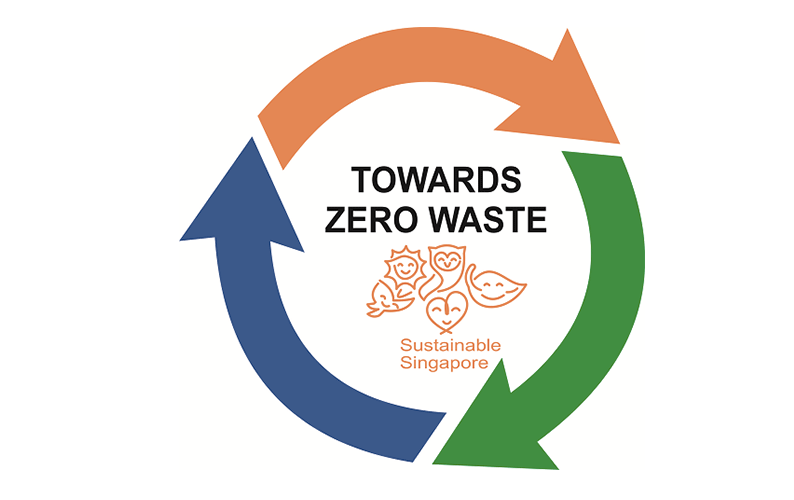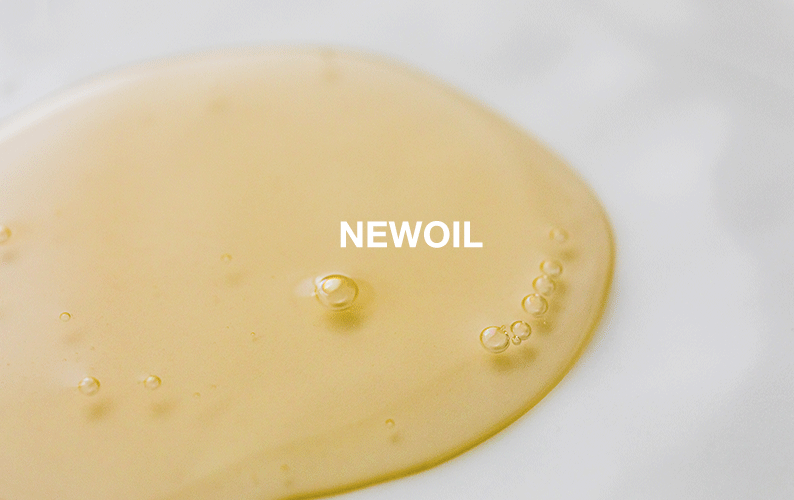Singapore’s Zero Waste Masterplan
03 Jul, 2020 6:56 AM / by Quek Leng Chuang
Zero Waste – A Masterplan for Singapore
In 2019, the Year of Zero Waste, the Singaporean government released its Zero Waste Masterplan in order to tackle the waste challenge from various sides together with businesses, consumers and NGOs. Even though this year is already over, we will continue to work on the goal of reaching zero waste in our company and in Singapore 2020 and beyond.
A 30% reduction of the overall amounts of waste sent to landfill is to be achieved until 2030. This is an ambitious goal regarding Singaporean recycling rates which are still low overall and the attitude of consumers towards their own waste.
Fun fact: Did you know that Environmental Solutions (Asia) diverts more than 20,000MT a year from our landfills? That is the same amount of reduction that we are looking at for the Zero Waste Masterplan.
Three resiliences and the case for Zero Waste
The government emphasizes the three resiliences that it strives to develop further: Climate resilience, resource resilience and economic resilience.
Zero Waste contributes to all of these: Not only Recycling but all the different steps of Zero Waste create additional workplaces. Zero Waste requirements will open up new business opportunities. As the Singaporean government identified the importance of the Zero Waste concept prior to most of the other countries in the South East Asian region, companies here could work even more proactive, paving the way for others into a more sustainable future of manufacturing and services according to the principles of Zero Waste and the circular economy approach.
As the Circular Economy aims to keep resources inside a closed loop, reusing them again and again, the measures planned in the Zero Waste Masterplan shall also contribute to resource resilience. So, Singapore becomes less reliant on imports from foreign countries and can manage what was formerly considered as waste better in order to source new raw materials. One example for this are metals, where the recycling rate is quite sophisticated already with 99% in 2018. This percentage already comes close to a circular economic system, however for other materials e.g. for plastic packaging waste, it is still to low. Our new project where we turn Packaging/Plastic waste to NewOil will change this. Here, we process plastic to fuel in order to give packaging waste a second life. This chemical recycling process is called pyrolysis and the biggest advantage is that we can take on any kind of plastic, no matter whether it is contaminated, clean, big or small. Find out here how you can contribute with your packaging waste.
As Zero Waste comes with changed consumption and production patterns, leading to a lower use of resources, it will also strengthen our climate resilience. When people consume and produce more consciously, both will naturally go down and so will carbon dioxide emissions and other greenhouse gases. People increasingly switch to produce and consume more sustainable products and services. Also other concepts such as renewable energies, organic agriculture, minimalism and zero energy buildings come into play here. They support a wholesome transition to a more sustainable overall system.
Zero Waste Masterplan and the Sustainable Development Goals
With the Zero Waste Masterplan, the Singaporean government particularly strives to support the implementation of SDGs 12 (Responsible Consumption and Production), 13 (Climate Action) and 14 (Life below water). Especially SDG 12 is the main goal addressing circular economy and Zero Waste matters, also touching upon our core goals of business. Climate action is regarding its purpose the same goal as climate resilience (see above).
How does the Zero Waste approach protect marine life? Too much waste already pollutes oceans and waterways. Zero Waste protects marine life as in first hand, less waste is directed into the oceans. Even though this is not specifically mentioned in the Sustainable Development Goals, we will have to remove especially plastic waste from the oceans as far as this is possible. New technologies such as the ocean cleanup shall contribute to this. The plastic caught, which is often difficult to recycle, could be treated with Plastic to New Oil pyrolysis, giving it a renewed lease of life.
Zero Waste is not only valuable for life below water, but for ecosystems in general. We even go that far to say that Zero Waste and the changed production and consumption patterns that go along with it benefit the implementation of all the other sustainable development goals as well, because they change our mindset.
This shows the interconnectedness of those and the importance of realizing the Zero Waste Masterplan as a whole!
If you want to join us in the fight against plastic, or if you wish to manage your waste in a more sustainable way that also allows us to save our landfills, please get in touch with us today.
Topics: Carbon Neutrality, Corporate Social Responsbility, Environmental Offset, Packaging Waste, Reimagining Sustainability, Sustainability in Singapore
Written by Quek Leng Chuang
LengChuang is a chemical engineer and an expert in carbonomics. He is the founder and owner of Environmental Solutions (Asia) Pte Ltd.


